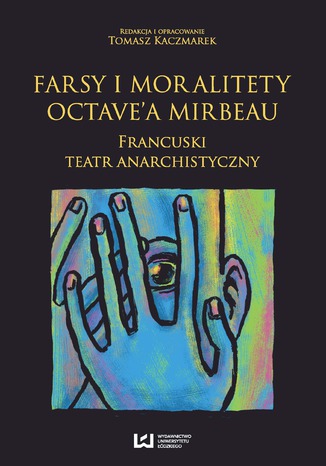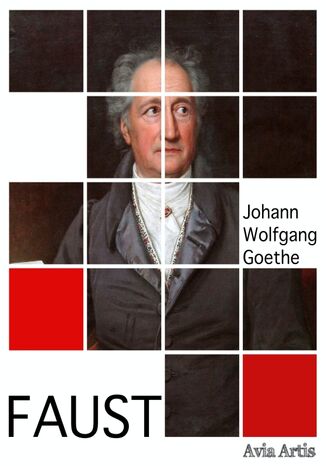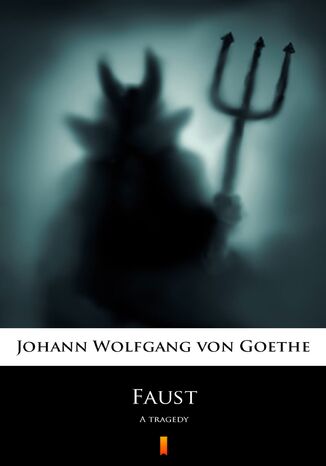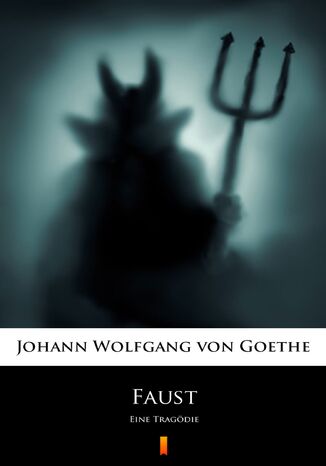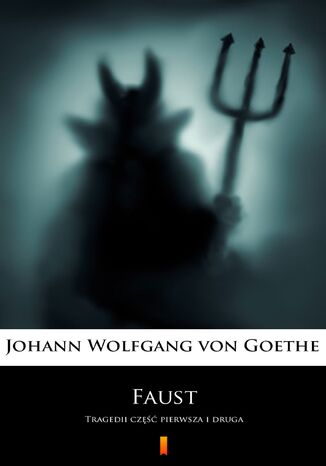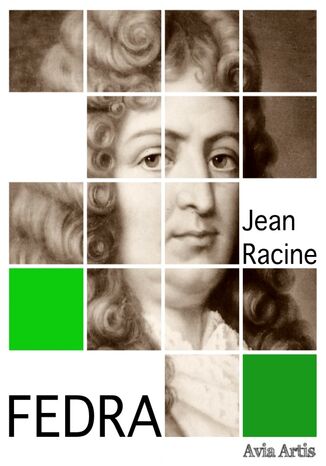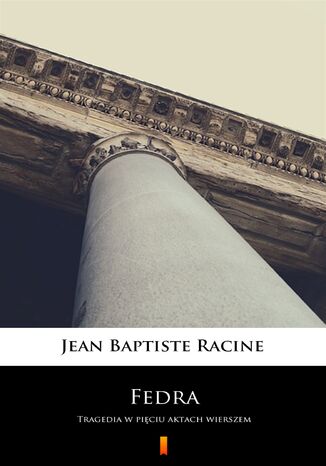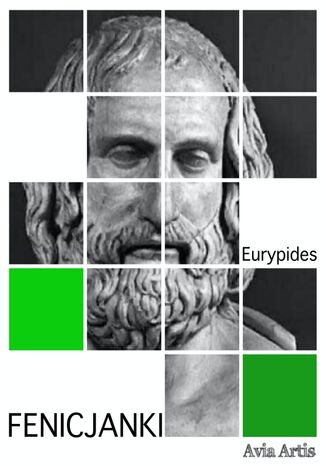Categories
Ebooks
-
Business and economy
- Bitcoin
- Businesswoman
- Coaching
- Controlling
- E-business
- Economy
- Finances
- Stocks and investments
- Personal competence
- Computer in the office
- Communication and negotiation
- Small company
- Marketing
- Motivation
- Multimedia trainings
- Real estate
- Persuasion and NLP
- Taxes
- Social policy
- Guides
- Presentations
- Leadership
- Public Relation
- Reports, analyses
- Secret
- Social Media
- Sales
- Start-up
- Your career
- Management
- Project management
- Human Resources
-
For children
-
For youth
-
Education
-
Encyclopedias, dictionaries
-
E-press
- Architektura i wnętrza
- Health and Safety
- Biznes i Ekonomia
- Home and garden
- E-business
- Ekonomia i finanse
- Esoterecism
- Finances
- Personal finance
- Business
- Photography
- Computer science
- HR & Payroll
- For women
- Computers, Excel
- Accounts
- Culture and literature
- Scientific and academic
- Environmental protection
- Opinion-forming
- Education
- Taxes
- Travelling
- Psychology
- Religion
- Agriculture
- Book and press market
- Transport and Spedition
- Healthand beauty
-
History
-
Computer science
- Office applications
- Data bases
- Bioinformatics
- IT business
- CAD/CAM
- Digital Lifestyle
- DTP
- Electronics
- Digital photography
- Computer graphics
- Games
- Hacking
- Hardware
- IT w ekonomii
- Scientific software package
- School textbooks
- Computer basics
- Programming
- Mobile programming
- Internet servers
- Computer networks
- Start-up
- Operational systems
- Artificial intelligence
- Technology for children
- Webmastering
-
Other
-
Foreign languages
-
Culture and art
-
School reading books
-
Literature
- Antology
- Ballade
- Biographies and autobiographies
- For adults
- Dramas
- Diaries, memoirs, letters
- Epic, epopee
- Essay
- Fantasy and science fiction
- Feuilletons
- Work of fiction
- Humour and satire
- Other
- Classical
- Crime fiction
- Non-fiction
- Fiction
- Mity i legendy
- Nobelists
- Novellas
- Moral
- Okultyzm i magia
- Short stories
- Memoirs
- Travelling
- Narrative poetry
- Poetry
- Politics
- Popular science
- Novel
- Historical novel
- Prose
- Adventure
- Journalism, publicism
- Reportage novels
- Romans i literatura obyczajowa
- Sensational
- Thriller, Horror
- Interviews and memoirs
-
Natural sciences
-
Social sciences
-
School textbooks
-
Popular science and academic
- Archeology
- Bibliotekoznawstwo
- Cinema studies
- Philology
- Polish philology
- Philosophy
- Finanse i bankowość
- Geography
- Economy
- Trade. World economy
- History and archeology
- History of art and architecture
- Cultural studies
- Linguistics
- Literary studies
- Logistics
- Maths
- Medicine
- Humanities
- Pedagogy
- Educational aids
- Popular science
- Other
- Psychology
- Sociology
- Theatre studies
- Theology
- Economic theories and teachings
- Transport i spedycja
- Physical education
- Zarządzanie i marketing
-
Guides
-
Game guides
-
Professional and specialist guides
-
Law
- Health and Safety
- History
- Road Code. Driving license
- Law studies
- Healthcare
- General. Compendium of knowledge
- Academic textbooks
- Other
- Construction and local law
- Civil law
- Financial law
- Economic law
- Economic and trade law
- Criminal law
- Criminal law. Criminal offenses. Criminology
- International law
- International law
- Health care law
- Educational law
- Tax law
- Labor and social security law
- Public, constitutional and administrative law
- Family and Guardianship Code
- agricultural law
- Social law, labour law
- European Union law
- Industry
- Agricultural and environmental
- Dictionaries and encyclopedia
- Public procurement
- Management
-
Tourist guides and travel
- Africa
- Albums
- Southern America
- North and Central America
- Australia, New Zealand, Oceania
- Austria
- Asia
- Balkans
- Middle East
- Bulgary
- China
- Croatia
- The Czech Republic
- Denmark
- Egipt
- Estonia
- Europe
- France
- Mountains
- Greece
- Spain
- Holand
- Iceland
- Lithuania
- Latvia
- Mapy, Plany miast, Atlasy
- Mini travel guides
- Germany
- Norway
- Active travelling
- Poland
- Portugal
- Other
- Przewodniki po hotelach i restauracjach
- Russia
- Romania
- Slovakia
- Slovenia
- Switzerland
- Sweden
- World
- Turkey
- Ukraine
- Hungary
- Great Britain
- Italy
-
Psychology
- Philosophy of life
- Kompetencje psychospołeczne
- Interpersonal communication
- Mindfulness
- General
- Persuasion and NLP
- Academic psychology
- Psychology of soul and mind
- Work psychology
- Relacje i związki
- Parenting and children psychology
- Problem solving
- Intellectual growth
- Secret
- Sexapeal
- Seduction
- Appearance and image
- Philosophy of life
-
Religion
-
Sport, fitness, diets
-
Technology and mechanics
Audiobooks
-
Business and economy
- Bitcoin
- Businesswoman
- Coaching
- Controlling
- E-business
- Economy
- Finances
- Stocks and investments
- Personal competence
- Communication and negotiation
- Small company
- Marketing
- Motivation
- Real estate
- Persuasion and NLP
- Taxes
- Social policy
- Guides
- Presentations
- Leadership
- Public Relation
- Secret
- Social Media
- Sales
- Start-up
- Your career
- Management
- Project management
- Human Resources
-
For children
-
For youth
-
Education
-
Encyclopedias, dictionaries
-
E-press
-
History
-
Computer science
-
Other
-
Foreign languages
-
Culture and art
-
School reading books
-
Literature
- Antology
- Ballade
- Biographies and autobiographies
- For adults
- Dramas
- Diaries, memoirs, letters
- Epic, epopee
- Essay
- Fantasy and science fiction
- Feuilletons
- Work of fiction
- Humour and satire
- Other
- Classical
- Crime fiction
- Non-fiction
- Fiction
- Mity i legendy
- Nobelists
- Novellas
- Moral
- Okultyzm i magia
- Short stories
- Memoirs
- Travelling
- Poetry
- Politics
- Popular science
- Novel
- Historical novel
- Prose
- Adventure
- Journalism, publicism
- Reportage novels
- Romans i literatura obyczajowa
- Sensational
- Thriller, Horror
- Interviews and memoirs
-
Natural sciences
-
Social sciences
-
Popular science and academic
-
Guides
-
Professional and specialist guides
-
Law
-
Tourist guides and travel
-
Psychology
- Philosophy of life
- Interpersonal communication
- Mindfulness
- General
- Persuasion and NLP
- Academic psychology
- Psychology of soul and mind
- Work psychology
- Relacje i związki
- Parenting and children psychology
- Problem solving
- Intellectual growth
- Secret
- Sexapeal
- Seduction
- Appearance and image
- Philosophy of life
-
Religion
-
Sport, fitness, diets
-
Technology and mechanics
Videocourses
-
Data bases
-
Big Data
-
Biznes, ekonomia i marketing
-
Cybersecurity
-
Data Science
-
DevOps
-
For children
-
Electronics
-
Graphics/Video/CAX
-
Games
-
Microsoft Office
-
Development tools
-
Programming
-
Personal growth
-
Computer networks
-
Operational systems
-
Software testing
-
Mobile devices
-
UX/UI
-
Web development
-
Management
Podcasts
- Ebooks
- Culture and art
Culture and art
Farsy i moralitety Octave'a Mirbeau. Francuski teatr anarchistyczny
Oktawiusz Mirbeau jest autorem sześciu jednoaktówek, które swoim nowatorstwem antycypują teatr Harolda Pintera, Eugène’a Ionesco i Bertolda Brechta. Stare małżeństwa (Vieux ménages) ukazują piekło małżeńskie, poddając ostrej krytyce zafałszowany mieszczański świat. Kochankowie (Les Amants) są groteskową demistyfikacją pseudoromantycznej miłości. Autor drwi z napuszonego języka, za którym kryje się egzystencjalna pustka. Skrupuły (Scrupules), Epidemia (L’Épidémie) oraz Portfel (Le Portefeuille) należą do sztuk politycznie zaangażowanych i wpisują się w nurt teatru społecznego buntu, zapoczątkowany u schyłku XIX wieku. Epidemia jest protoekspresjonistyczną groteską, która ukazuje bezdusznych mieszczuchów dbających jedynie o własne interesy i brzuchy. Portfel i Skrupuły ośmieszają absurdalne prawo: w pierwszej z tych fars uczciwy kloszard, który znalazł pokaźną sumę pieniędzy, zostaje uwięziony z powodu braku zameldowania, w drugiej zaś ujawnia autor przestępczy charakter ustroju, w którym kradzież jest podstawową cnotą. W Wywiadzie (Interview) Mirbeau bezlitośnie atakuje prasę brukową, żywiącą się prymitywnymi tematami. Przekaz pisarza francuskiego i dzisiaj może nie tylko śmieszyć, ale też zmuszać do refleksji, zarówno nad rolą twórcy we współczesnym świecie, jak i nadwerężoną kondycją współczesnego człowieka, który wydaje się borykać ze swym losem od zarania dziejów ludzkości. Mimo że tworzył dość dawno temu, może być i dzisiaj ponadczasowy i niezwykle inspirujący.
Faust to utwór Johanna Wolfganga Goethego, niemieckiego poety, draturga i prozaika uznawanego za najwybitniejszego przedstawiciela literatury niemieckiej. Tematem utworu jest zakład Boga z Mefistofelesem o duszę tytułowego doktora Fausta. Faust ma ją oddać diabłu, gdy zasmakuje pełni szczęścia i wypowie słowa: trwaj chwilo, jesteś piękna.
The great Goethe invented his Faust when he was a little over twenty years old, and completed the tragedy a few months before his death. This work was the result of the philosophical and artistic searches of the author a poet, playwright, prose writer, the greatest scientist of his time, a man of encyclopedic knowledge. The hero of the tragedy, Dr. Johann Faust, lived in the first half of the 16th century and was known as a magician and a warlock who, having rejected modern science and religion, sold his soul to the devil.
Goethes (Goethe, Johann Wolfgang von 1749 1832) Faust ist das Menschheitsdrama par excellence: Die ungeheuerliche Suche nach dem, was die Welt im Innersten zusammenhält, führt auch den Gelehrtesten an die Grenzen des Verstandes. Goethes Faust, hat zum Helden den Menschen an der Grenzscheide von Mittelalter und Humanismus, den Gottesmenschen, der sich aus vermessenem Erkenntnistriebe der Magie, dem Teufel ergibt. Das Schicksal Fausts, der aus unersättlichem Wissensdrang einen Pakt mit dem Teufel schließt, wird zum Gegenstand eines metaphysischen Welthandels zwischen dem an die irrende, aber gute Menschheit glaubenden Gott-Vater und Mephistopheles, der Verkörperung des Bösen. In diesem Werk spiegeln sich alle Stufen von Goethes Entwicklung vom Sturm und Drang der Jugend über die Klassik der Reifezeit bis zum großartigen späten Stil Goethes wider. Bis heute besticht der Faust durch seine fulminante Kraft und Tiefe. Zu Recht gilt die Tragödie als das bedeutendste Werk der deutschen Literatur.
Faust. Tragedii część pierwsza i druga
Dramat w dwóch częściach niemieckiego polityka, badacza i poety Johanna Wolfganga von Goethego, tworzony przez niego blisko 60 lat. Faust to uczony, który po latach, mimo ogromu swojej wiedzy, odkrywa, że ludzki umysł jest zbyt ograniczony, aby w pełni poznać sens istnienia. W jego pracowni pojawia się Mefistofeles, który założył się z Bogiem, że uda mu się opętać duszę uczonego. Kusi go, proponując zostanie jego duchowym przewodnikiem, co ma pozwolić mu poznać sens istnienia. W zamian za to Faust musi oddać mu swoją duszę.
"Fedra" to dramat Jeana Racine'a, francuskiego dramaturga, autora przesiąkniętych pesymizmem sztuk, uważanych za mistrzowskie w przedstawianiu kobiecej psychiki. "Fedra" to klasycystyczna tragedia której treść zaczerpnięta została z mitologii greckiej i opowiada o nieszczęśliwej miłości, jaką tytułowa bohaterka zapałała do własnego pasierba.
Fedra. Tragedia w pięciu aktach wierszem
Francuski dramaturg Jean-Baptiste Racine jest uznawany za jednego z najwybitniejszych tragików wszech czasów oraz mistrza w przedstawianiu kobiecej psychiki. Tragedia Fedra, napisana w roku 1677, jest inspirowana grecką mitologią. Opowiada o nieodwzajemnionej miłości tytułowej bohaterki do jej pasierba Hipolita. Ten jednak kocha się w innej kobiecie, potomkini zwaśnionego z nimi rodu. Fedra przedstawiona jest jako kobieta rozdarta i na wpół oszalała z nieszczęśliwej miłości.
Fenicjanki to dramat Eurypidesa, największego obok Ajschylosa i Sofoklesa tragika starożytnej Grecji. Fenicjanki należą do cenionych i popularnych dzieł Eurypidesa. Występuje tutaj mnogość pouczających maksym a waga podnoszonych problemów przyciągała przez wieki uwagę wielu filozofów.

